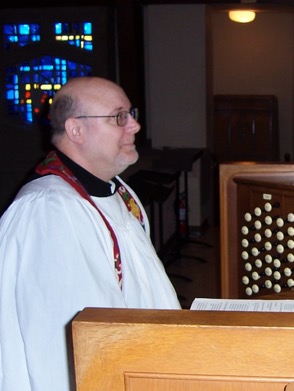Thomas is Us
Peace Be With You
John 20: 19-31
Lord, make me an instrument of Thy peace.
Where there is hatred, let me sow love; where there is injury, pardon;
where there is doubt, faith; where there is despair, hope; where there is darkness, light; and where there is sadness, joy.
O Divine Master, Grant that I may not so much seek to be consoled, as to console;
to be understood, as to understand;
To be loved as to love.
For it is in giving that we receive; it is in pardoning that we are pardoned; and it is in dying that we are born to eternal life.
St. Francis of Assisi (1182-1226)
Thomas’ doubts are really ours. That’s why the Gospel of John tells this story. The gospel writer tells us himself that there are so many stories that could be told about Jesus, that he couldn’t begin to tell them all; so he clearly has chosen the story of Thomas’ doubts to make a point. And the point is that Thomas doubts the same thing that we do. How does a pie-in-the-sky religion address our concrete reality here on earth? People are wounded, people are bleeding. A spiritualized, other-worldly faith really doesn’t offer much hope for a wounded, bleeding world, does it?Read More »Thomas is Us






